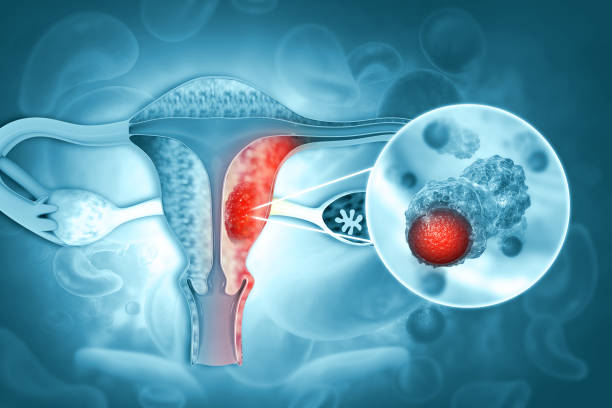Every year, thousands of women are diagnosed with ovarian cancer. Patients with ovarian cancer have many treatment options at their disposal. Radiation therapy, chemotherapy, and surgery are the most popular ovarian cancer treatments.
These treatment options will be discussed in this article, along with how they are applied to treat ovarian cancer.
Surgery
Surgery is a common and primary approach for treating ovarian cancer. The main goal of surgery is to remove as much cancerous tissue as possible from the body. The extent and type of surgery required depend on factors such as the stage of the cancer, its size, and whether it has spread to other parts of the body. In some cases, a total hysterectomy may be necessary, which involves the removal of the uterus and cervix, along with the ovaries and fallopian tubes. This comprehensive approach aims to eliminate all cancerous tissue and reduce the risk of cancer recurrence. For comprehensive and effective treatment, consider seeking ovarian cancer treatment in Delhi, where expert care and advanced treatment options are available.
Discussing some of the potential risks and side effects of each ovarian cancer treatment, as well as methods for coping with these side effects, may be helpful. In addition, emphasising the importance of a multidisciplinary team approach to the treatment of ovarian cancer, which may entail the participation of various medical specialists like oncologists, radiologists, and nurses, can help give patients comprehensive care. Although ovarian cancer can be a difficult disease to treat, developments in science and medicine continue to raise hopes for better outcomes and higher survival rates.
Two different surgical procedures can treat ovarian cancer:
Exploratory surgery: This procedure evaluates the size and potential spread of a patient’s cancer. A small incision will be made in the abdomen during the procedure, and a laparoscope—a thin tube with a camera at the end—will be inserted to view the area.
The goal of debulking surgery is to eliminate as much cancer as possible. The Cancer’s stage and whether it has spread to other body parts will determine how extensive the surgery will be.
Chemotherapy
Drugs are used in chemotherapy, a type of cancer treatment, to kill cancer cells. In the treatment of ovarian cancer, it is frequently combined with surgery. Chemotherapy can be given in many different ways, such as:
Chemotherapy medications are injected intravenously (IV) into an arm vein.
Oral medications: Chemotherapy medications are swallowed as pills.
Chemotherapy medications are administered intraperitoneally (IP), or directly into the abdomen.
Typically, cycles of chemotherapy are given, with each cycle lasting some weeks. The course of treatment will be determined by the cancer’s stage and the patient’s response to it.
Explore the Early Signs of Ovarian Cancer to Increase Your Awareness.
Radiation treatment
High-energy radiation is used in radiation therapy, a type of cancer treatment, to kill cancer cells. Although it is not frequently used to treat ovarian cancer, it might be suggested in some circumstances. Two methods can be used to deliver radiation therapy:
Radiation is delivered from a machine outside the body during external radiation therapy.
Internal radiation therapy involves placing a radioactive source close to the cancer cells inside the body to deliver radiation.
Usually, radiation therapy is given in daily doses for a few weeks. The course of treatment will be determined by cancer’s stage and the patient’s response to it.
There is no one-size-fits-all approach to treating ovarian cancer. The individual patient and the cancer’s stage will determine the best course of action. In Delhi, the most popular ovarian cancer treatments are surgery, chemotherapy, and radiation therapy. To find the best course of treatment for their particular needs, patients and doctors should collaborate closely. Patients can improve their chances of successful treatment and better results by doing this.
Reputable hospitals for ovarian cancer treatment in Delhi focus on the treatment of ovary cancer. It’s also crucial to stress the value of speaking with an experienced oncologist or gynaecologic oncologist to determine the best course of action for each unique case.
A brief explanation of the various stages of ovarian cancer and how they may affect the suggested treatments might be helpful. It’s also crucial to note that some patients might need a combination of various treatments or go through several rounds of treatment over a long period. To ensure the efficacy of the treatment and identify any potential cancer recurrence, it is crucial to emphasise the value of post-treatment follow-up care and regular monitoring.



